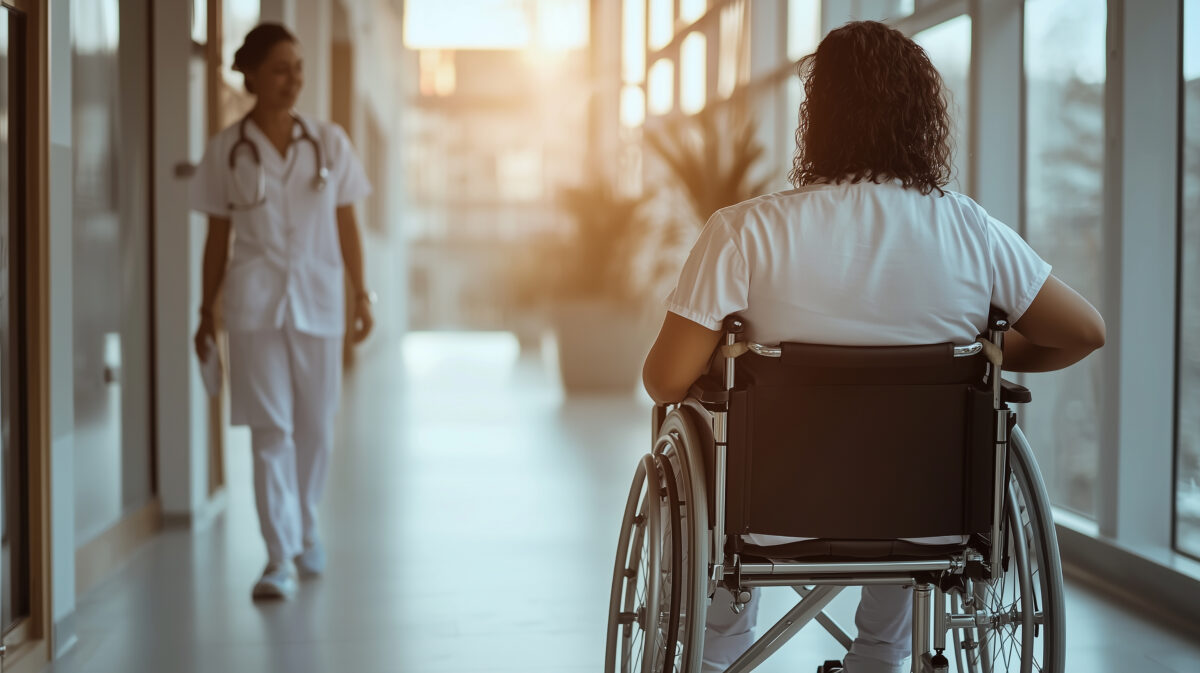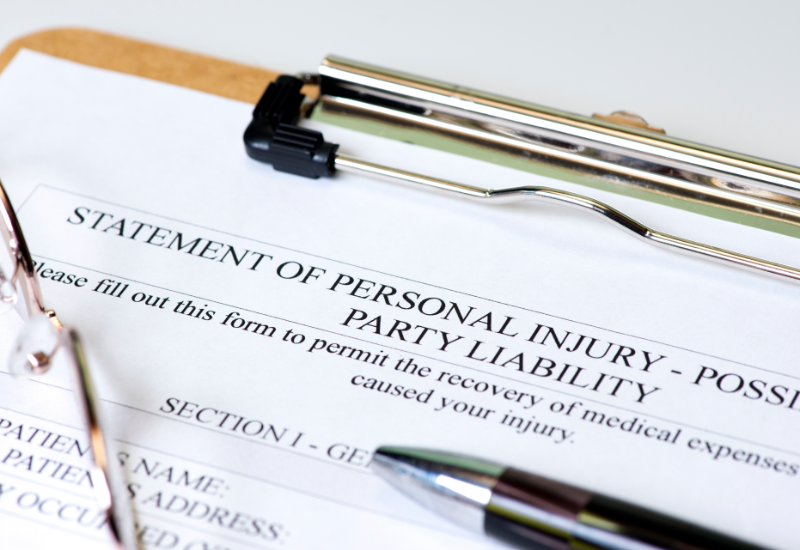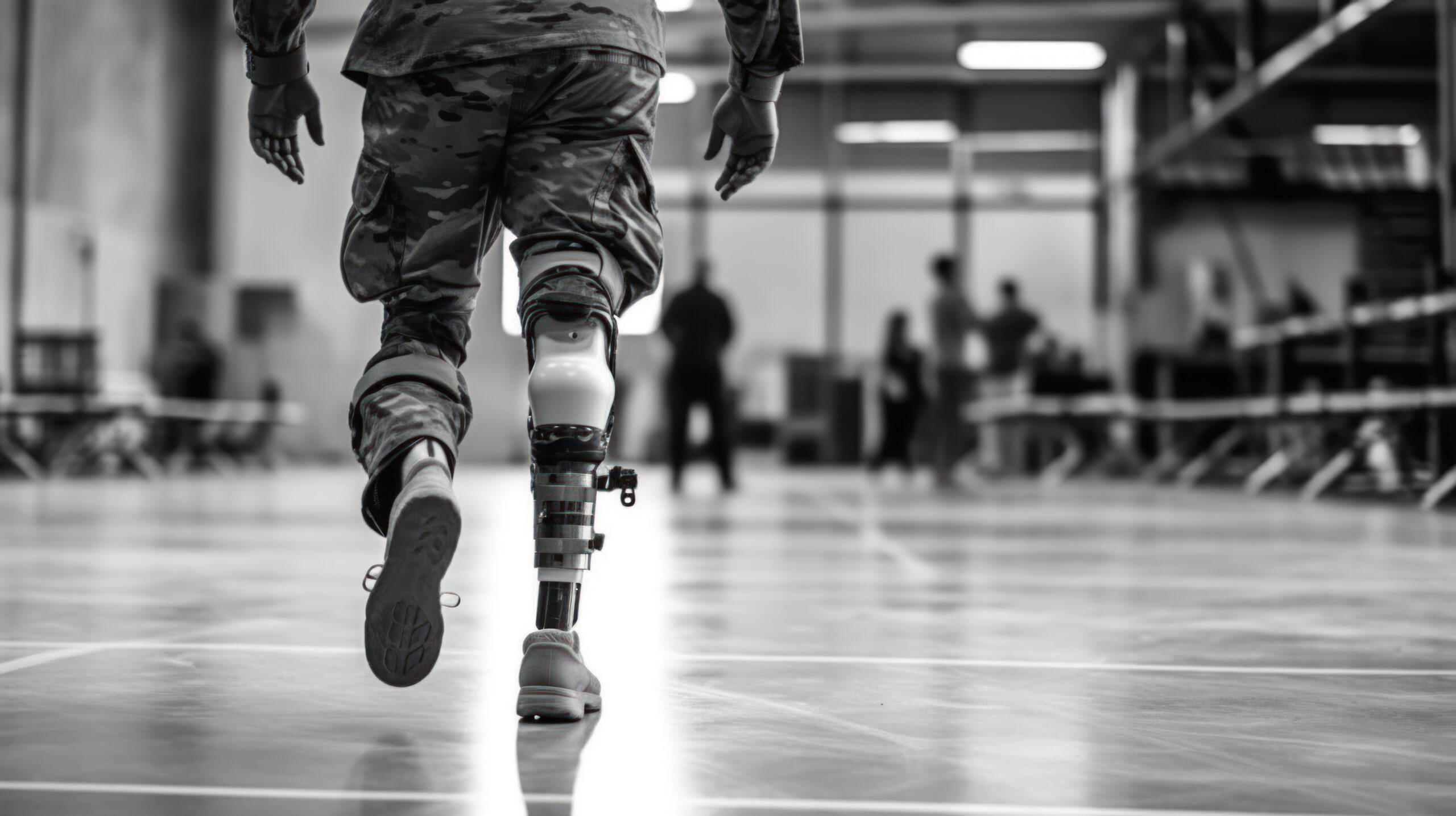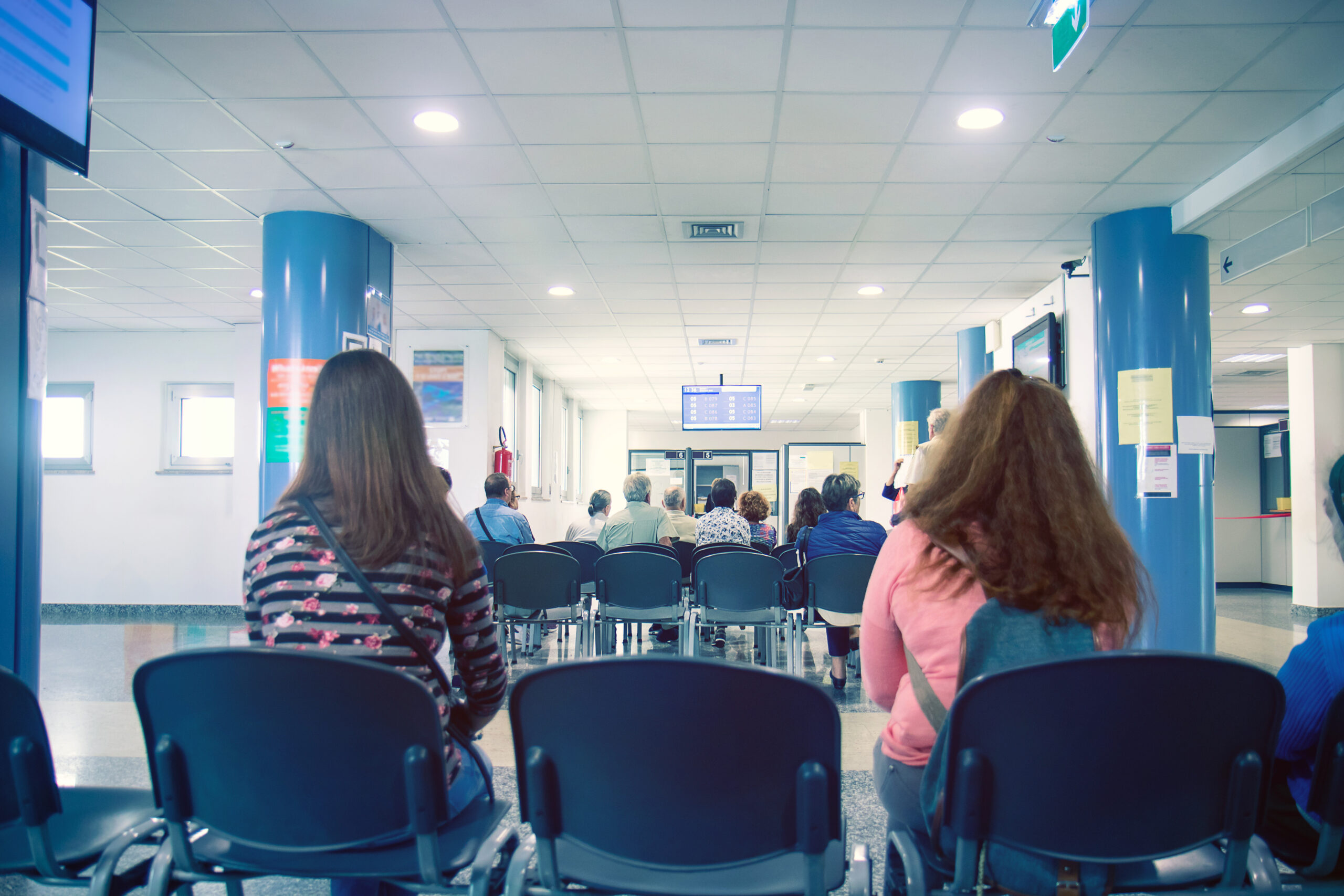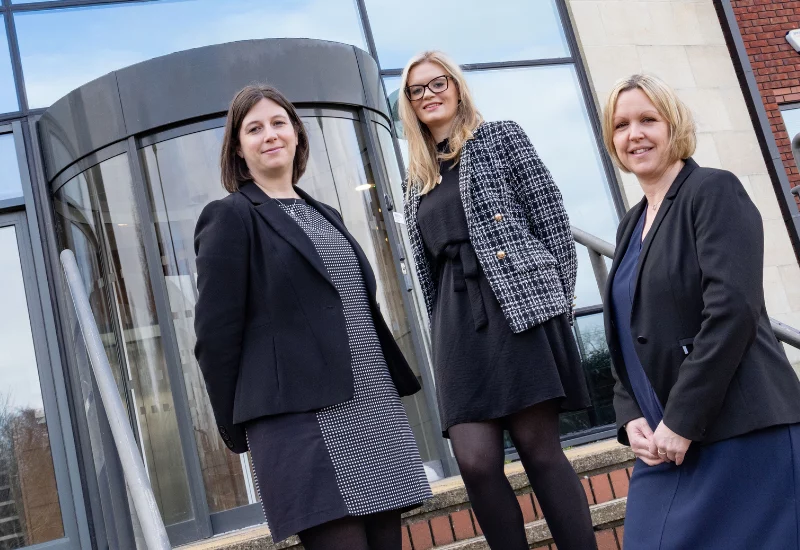The importance and use of rehabilitation in injury claims

James Braund, Partner specialising in clinical negligence and personal injury claims at Trethowans in Dorset, looks at rehabilitation in injury claims and how important this can be in some cases.
Rehabilitation
Rehabilitation is the process of helping an injured person recover physically, psychologically and socially after an accident or injury. Various studies have shown that early rehabilitation following injury, tends to significantly improve the long-term recovery outcome. It is therefore important to consider rehabilitation in every injury claim. Generally speaking, the injured person wants to get better as soon as possible (as they value their health above all else) and the body responsible for the accident tends to want that as well (as the value of the claim and amount they may have to pay will be more limited).
However, rehabilitation is about more than just medical treatment. There is a general legal principle in injury claims to try to put the person back in the position that they were before the accident (so far as is possible) and often the most direct way of doing that is maximising their recovery with appropriate rehabilitation. The right intervention at the right time can make a significant difference in recovery outcomes.
Rehabilitation can include:
• Physiotherapy and occupational therapy
• Psychological counselling and treatment
• Pain management
• Home adaptations or mobility aids
• Vocational training or return-to-work support
The goal is to put the injured person’s needs first and help them regain independence, return to work and improve their quality of life as quickly and effectively as possible.
Rehabilitation (Rehab) Code
The Rehabilitation Code 2015 is a voluntary (but widely adopted) framework designed to promote early and effective rehabilitation for people who have suffered injury because of someone else’s negligence. It encourages collaboration between claimant and defendant solicitors, insurers and medical professionals to look to try to ensure that the injured person receives timely and appropriate care, which may not be available under the NHS.
The process usually involves a number of steps:
- Immediate Needs Assessment: A qualified case manager will usually conduct an assessment at the outset to determine the injured person’s rehabilitation needs and identify treatment and other steps which may assist their recovery.
- Agreement on Funding and Start of Treatment: If both parties agree that rehabilitation is appropriate, the defendant may fund the recommended treatment, even before liability is fully resolved, which is then put in place.
- Ongoing Support: The case manager often then co-ordinates treatment going forwards and monitors progress (depending upon the severity of the case), adjusting the plan as needed to support recovery goals.
James Braund, states “At Trethowans we are big believers in the importance of early rehabilitation in appropriate cases. We have seen first hand how an injured person’s recovery can be maximised (to the benefit of everyone involved) with prompt intervention. With the current pressures on the NHS, often injured people can be waiting a long time for treatment, risking their condition turning chronic and often experiencing a poorer outcome as a result. We are proud to be a signatory to the Serious Injury Guide and always look to start a collaborative early conversation with both our client and the other side about the potential benefits of rehabilitation, with a view to tailoring an assessment.”
Serious Injury Guide
The Serious Injury Guide is a similar, voluntary framework which sits alongside the Rehab Code. It is designed specifically for high-value, complex personal injury claims – generally those claims worth £250,000 or more. Such claims often involve brain injuries, spinal cord injuries, amputations, complex poly trauma and severe burns.
It promotes best practice in managing severe injury cases, with an emphasis on collaboration, early resolution of liability and holistic support for the injured person between the parties (with a non-adversarial approach). Often the parties will agree a case plan, including timelines, key issues and rehabilitation needs. This will tend involve early disclosure of evidence and open dialogue in the litigation to narrow the issues. Sometimes regular pathfinder meetings are also set up.
If you or a loved one have experienced an injury and are navigating a claim, don’t wait to explore your rehabilitation options. At Trethowans, we believe recover should start as early as possible, and we’re here to guide you through every step. Contact our expert personal injury team today to discuss how we can support your journey back to health and independence.
____________________________________________________________________________________________
Disclaimer
This information is intended for general informational purposes only and does not constitute legal advice. We recommend seeking professional advice before taking any action on the information provided. If you would like to discuss your specific circumstances, please feel free to contact us on 0800 2800 421.



